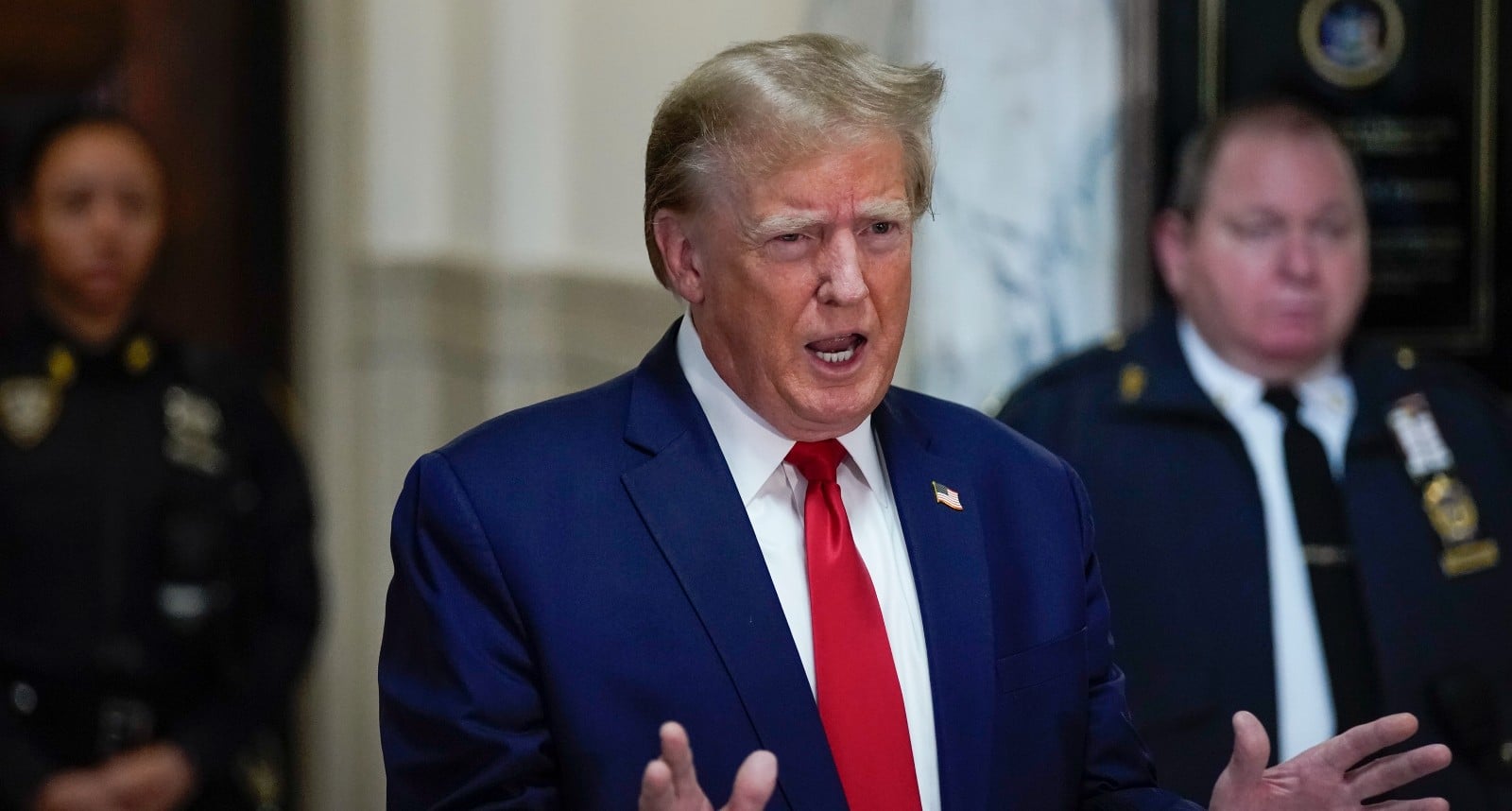OPINION: This article may contain commentary which reflects the author's opinion.
Former President Donald Trump suffered a legal setback this week when he lost one of his top attorneys in two of his cases, at least for a while.
Christopher Kise, “one of his most-trusted and high-profile defense lawyers…is undergoing surgery,” according to Newsweek, which cited newly filed court papers.
Kise is scheduled to have planned surgery on Monday, April 29, and will be unavailable until at least May 14, a notice to the court filed on Wednesday said, according to Newsweek.
Kise’s unavailability could continue during “the post-surgery recovery period, which will restrict his ability to work and travel during that time,” the filing added.
Newsweek added:
Kise, a former solicitor general of Florida who has won four U.S. Supreme Court cases, has been a key figure in the former president’s ongoing documents case and in the New York civil fraud case, which Trump is appealing. The filing didn’t reveal the reason behind the surgery nor how long Kise’s recovery period could last.
Kise represented Trump in his civil fraud trial, which he lost but which was presided over by Judge Arthur Engoron, who, early on, displayed hostility and bias against Trump. Kise is also representing the former president in his hush money case in Manhattan.
Regarding the latter, a legal expert writing in The New York Times declared that Manhattan District Attorney Alvin Bragg’s case against Trump is a mistake of “historic” proportions.
Boston University law professor Jed Handelsman Shugerman contended that Bragg’s efforts to prosecute a federal election offense under New York state law constituted overreach. He criticized the Manhattan DA’s allegations against Trump as “vague,” pointing out the prosecution’s failure to specify “an election crime or a valid theory of fraud.”
Trump is facing 34 counts of falsifying business records in connection with alleged hush money payments made to adult film actress Stormy Daniels before the 2016 election. The presumptive GOP presidential nominee appeared in court on Wednesday as the trial continued.
Shugerman proposed that Bragg should pivot his argument to focus on the notion that “it’s not the crime; it’s the cover-up,” highlighting the alleged falsification of business records.
“Most of them were entered in early 2017, generally before Mr. Trump filed his Federal Election Commission report that summer. Mr. Trump may have foreseen an investigation into his campaign, leading to its financial records. Mr. Trump may have falsely recorded these internal records before the FEC filing as consciously part of the same fraud: to create a consistent paper trail and to hide intent to violate federal election laws, or defraud the FEC,” Shugerman noted in his op-ed.
However, the law professor noted that Bragg’s filing and Monday’s opening statements do not indicate prosecutors were following this approach. He also conceded that his own explanation could also encounter “significant legal problems.”
Shugerman also said Bragg’s election interference theory is “weak,” adding, “As a reality check, it is legal for a candidate to pay for a nondisclosure agreement.”
The law professor also raised three problems with Bragg’s effort to prosecute a federal crime in a state court. The first, he wrote, was that there was no previous case of “any state prosecutor relying on the Federal Election Campaign Act,” which he called an “overreach.”
The second issue he raised was that the prosecutors did not cite judicial precedents involving the criminal statute at hand.
“Mr. Trump’s lawyers argued that the New York statute requires that the predicate (underlying) crime must also be a New York crime, not a crime in another jurisdiction. The Manhattan DA responded with judicial precedents only about other criminal statutes, not the statute in this case. In the end, they could not cite a single judicial interpretation of this particular statute supporting their use of the statute,” Shugerman noted.
The third issue, he said, was that precedent in New York did not allow “an interpretation of defrauding the general public,” Shugerman wrote.
He then observed that it is reasonable for Trump and his supporters to question whether the case against the former president was about “Manhattan politics” rather than New York law.
